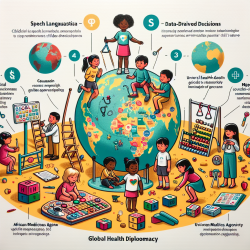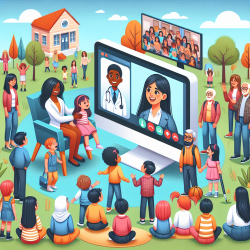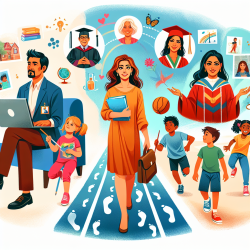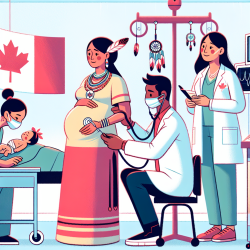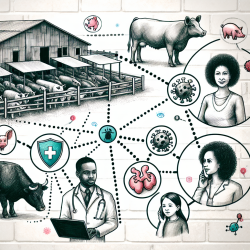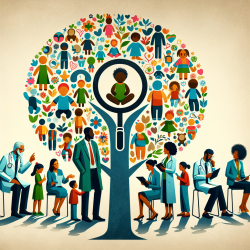Introduction
In the realm of speech-language pathology, the ultimate goal is to create positive outcomes for children. As practitioners, we are always seeking ways to enhance our skills and make informed, data-driven decisions that lead to the best possible results. The recent research article titled "Advancing African Medicines Agency through Global Health Diplomacy for an Equitable Pan-African Universal Health Coverage: A Scoping Review" provides valuable insights that can be applied to our field.
The Power of Global Health Diplomacy
Global health diplomacy (GHD) is a multi-level negotiation process that shapes and manages the global policy environment for health. The research highlights how GHD can be instrumental in addressing health inequities and ensuring access to essential health services. By understanding and applying the principles of GHD, speech-language pathologists can advocate for better resources and support systems for children, particularly in underserved communities.
Implementing Research Outcomes
The research underscores the critical need for a continental African Medicines Agency (AMA) to address health inequities. Similarly, in speech-language pathology, we can implement strategies that focus on equitable access to services. Here are some ways practitioners can improve their skills and outcomes:
- Advocacy: Use data to advocate for policy changes that ensure all children have access to quality speech-language services.
- Collaboration: Engage in interdisciplinary collaboration to address the holistic needs of children, similar to the collaborative efforts in GHD.
- Education: Stay informed about global health trends and their implications for speech-language pathology.
- Innovation: Implement innovative practices that leverage technology to reach underserved populations.
Encouraging Further Research
While the research provides a strong foundation, it also opens avenues for further exploration. Speech-language pathologists can contribute to the body of knowledge by conducting studies that examine the impact of global health policies on child development and communication disorders. By engaging in research, practitioners can continue to push the boundaries of what is possible in our field.
Conclusion
The insights from the research on the African Medicines Agency and global health diplomacy offer valuable lessons for speech-language pathologists. By adopting a data-driven approach and advocating for equitable access to services, we can empower change and create better outcomes for children. To read the original research paper, please follow this link: Advancing African Medicines Agency through Global Health Diplomacy for an Equitable Pan-African Universal Health Coverage: A Scoping Review.
